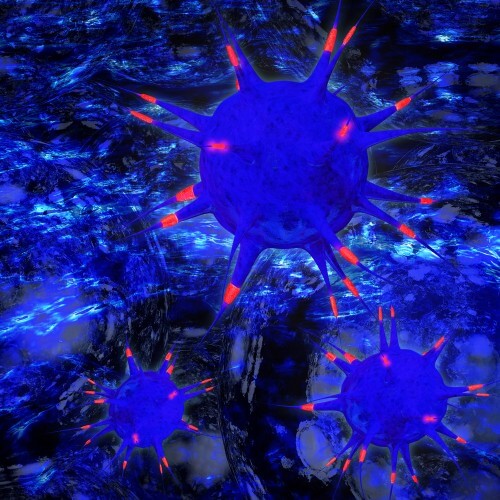Prof. Esther Friel, former director of the School of Medical Laboratory Sciences at Ben-Gurion University of the Negev, found new substances that make it possible to extend cell life and thus slow down the development of the neurodegenerative disease, ALS. The research was funded by the Israels Association, whose notable contributions include Dov Lautman, who recently passed away from an illness.

Prof. Esther Friel, former director of the School of Medical Laboratory Sciences at Ben-Gurion University of the Negev, found new substances that make it possible to extend cell life and thus slow down the development of the neurodegenerative disease, ALS. The research was funded by the Israels Association, of which Otman is one of the most prominent donors.
The ALS disease, also known as "Lou Gehrig" or as the motor nerve disease (Amyotrophic Lateral Sclerosis), is a degenerative disease that damages the cells of the nervous system related to movement. Most patients die about three years from the time of diagnosis. Lautman, as mentioned, recently passed away as a result of the disease.
Prof. Friel, in collaboration with Dr. Aviv Gazit (formerly of the Hebrew University) and Prof. Shimon Salvin (also formerly of the Hebrew University and currently the head of the Institute for Genetic Therapy in Tel Aviv), created new chemical substances capable of increasing the protein telomerase, which allows the extension of cell life , in a controlled and temporary manner in all the organs of mice, including the brain and later also in human cells.
Normally, this protein is inactive in most of the cells in our body and as a result the cells enter a state of aging and die. Studies have shown that in the process of genetic engineering in mice, it is possible to extend the life of cells by about 35% and strengthen them against infections and failures of body systems, including muscles.
One of the important things in the research of Prof. Friel and her partners is the possibility to visit the telomerase, since excessive expressions of the protein can lead to cancer. In their research on ALS mice, they show that increasing the expression of telomerase in the brain and spinal cord slows down the disease and increases the lifespan of those mice. The research was initially supported by the Israeli association ISrALS, and was published in a number of first-class scientific journals, among others in early 2013, in Embo Molecular Medicine.
BG Negev Technologies, the commercialization company of Ben-Gurion University, signed a development and license agreement with a private American investment fund, which will invest over one million dollars in the next two years in the expansion of the research.
"This is a scientific breakthrough, since these substances have great potential not only in dealing with degenerative diseases of the nervous system, but also in other diseases related to old age," says the researcher. Prof. Friel heads the School of Medical Laboratory Sciences at Ben-Gurion University.

One response
Telomerase - the secret of the fountain of youth of course if we manage to prevent its cancerous effect